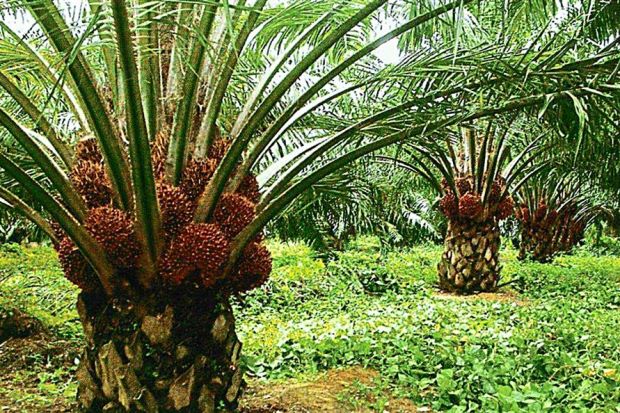MPOCC: Publishing oil palm concession maps a gov’t priority
The Malaysian Palm Oil Certification Council (MPOCC) says publishing oil palm concession maps for public viewing is a government priority in a bid to deliver greater transparency to the country’s oil palm industry.
In a statement today, MPOCC, a sustainable palm oil certification body under the Primary Industries Ministry, said Malaysia is able to develop and operate an internationally recognised national palm oil certification scheme using the MSPO Trace app.
MSPO Trace is a comprehensive app for identifying the locations of oil palm plantations and palm oil processing facilities that have obtained sustainability certification in Malaysia, it said.
“MPOCC targets 100 per cent traceability with the Malaysian Sustainable Palm Oil (MSPO) certification right to the plantation level nationwide by 2025,” it said.Advertisement
MPOCC launched the MSPO Trace app, which can trace the source of palm oil in the supply chain, in November 2019.
The certification body expressed confidence that the big data management developed by MSPO Trace, like GeoRSPO, can instil confidence among consumers and international importers in its efforts to ensure traceability and transparency in the supply chain.
These efforts, it added, could help convince the international community in the sustainability and quality of Malaysia’s palm oil, and help dispel claims linking palm oil production with deforestation, worker exploitation, and infringement of Orang Asli rights, among others.
MPOCC is also confident that MSPO Trace, which can be downloaded on the App Store and Google Play, can be as good as the GeoRSPO app.
As of Nov 30 this year, over 3.5 million hectares or 60 percent of oil palm planted areas have been MSPO-certified, comprising smallholdings covering 652,000 hectares and 1,678 plantations covering 2.89 million hectares.
A total of 152 palm oil mills and 46 refineries have also received the MSPO Supply Chain Certification Standard (SCCS) certification.
MPOCC said it welcomes the efforts of the Roundtable on Sustainable Palm Oil (RSPO) secretariat in publishing maps of its members’ oil palm concessions in Peninsular Malaysia and Sarawak using the GeoRSPO app.
It added that the MSPO Trace and GeoRSPO initiatives will help promote transparent mapping of the country’s oil palm concessions in the effort to enhance the sustainability of the oil palm industry and the accountability of its stakeholders.
– Bernama

